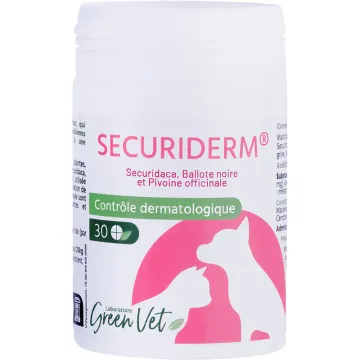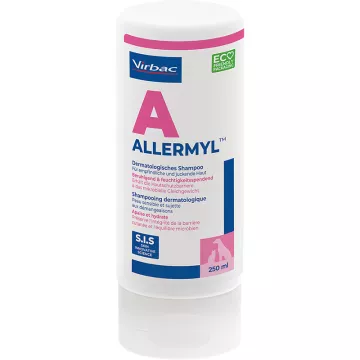

Pets occupy an important place in our lives, offering companionship, love and emotional support. From selecting the perfect companion to maintaining its health and well-being, responsibility for a pet is a significant commitment. This commitment implies a thorough understanding of their specific needs, whether it's feeding, caring for or educating them. The questions frequently asked by pet owners reflect a desire to ensure a fulfilling and healthy life for their four-legged, scaly or feathered companions.
What are the most popular pets and why?
The most popular pets include dogs, cats, fish, birds and, to a lesser extent, small mammals such as rabbits, hamsters and reptiles. Dogs and cats top the podium because of their ability to form strong bonds with their owners, offering companionship, loyalty and unconditional love. Fish are appreciated for their soothing effect and the beauty of their aquatic environment. Birds, with their melodious song and ability to interact, and small mammals, thanks to their relatively simple upkeep, complete the list.
How to choose the right pet?
The choice of a pet should be carefully considered and adapted to your lifestyle, your living space, and the time you can devote to its care and well-being. For active families, a medium to large dog may be ideal. Apartment dwellers may prefer a cat or small mammal. It's also crucial to consider the associated costs, including food, veterinary care and accessories.
What specific care do pets require?
Care requirements vary greatly depending on the animal:
How do you manage vacations when you have a pet?
Planning a vacation requires extra organization for pet owners. There are several options:
It's essential to check your pet's vaccinations and anti-parasite treatments before you leave.
How important is pet insurance?
Pet insurance can alleviate unexpected veterinary costs, which can be high. It generally covers accidents, illnesses, and sometimes routine costs such as vaccinations and scaling. Choosing the right insurance for your pet and your financial situation is crucial to ensuring its health without breaking the bank.
How can we prevent health problems in pets?
Prevention is the key to keeping your pet healthy. This includes regular vaccinations, internal and external parasite treatments, and a balanced diet adapted to its species, age and activity level. An annual visit to the vet is essential for a general health check and early detection of any health problems. Regular exercise and a stimulating environment also contribute to the animal's physical and mental well-being.
What are the legal obligations of pet owners?
Pet owners are required to respect certain legal obligations to ensure their animal's well-being and public safety. These include identification of the animal by microchip or tattoo, rabies vaccination for dogs, cats and ferrets, and compliance with local regulations on pet ownership. It's also important to take out civil liability insurance to cover any damage your pet may cause.
How do you manage a pet's diet?
A pet's diet must be adapted to its specific needs. For dogs and cats, there is a wide range of quality commercial foods, classified by age, size and activity level. Birds and small mammals require a varied diet including seeds, fruit and fresh vegetables. It's crucial to know what foods are toxic for each species, and to provide sufficient fresh water. Consult a vet regularly to adjust your pet's diet if necessary.
How do I introduce a new pet into my home?
Introducing a new pet into your home requires patience and preparation. Start by setting up a clean, secure area for your pet. For encounters with other animals in the home, proceed gradually and under supervision to avoid conflicts. Familiarize your new pet with family members one by one, and give it time to adapt to its new environment. Rewards and a positive approach greatly facilitate this transition.
What are the benefits of sterilization for pets?
Sterilization offers a number of health and behavioral benefits for pets. It reduces the risk of certain cancers, such as ovarian or prostate cancer, and decreases the likelihood of partner-seeking runaways. It can also alleviate certain problem behaviors, such as territorial marking in cats. As well as helping to prevent pet overpopulation, sterilization promotes a more harmonious cohabitation with the animal.